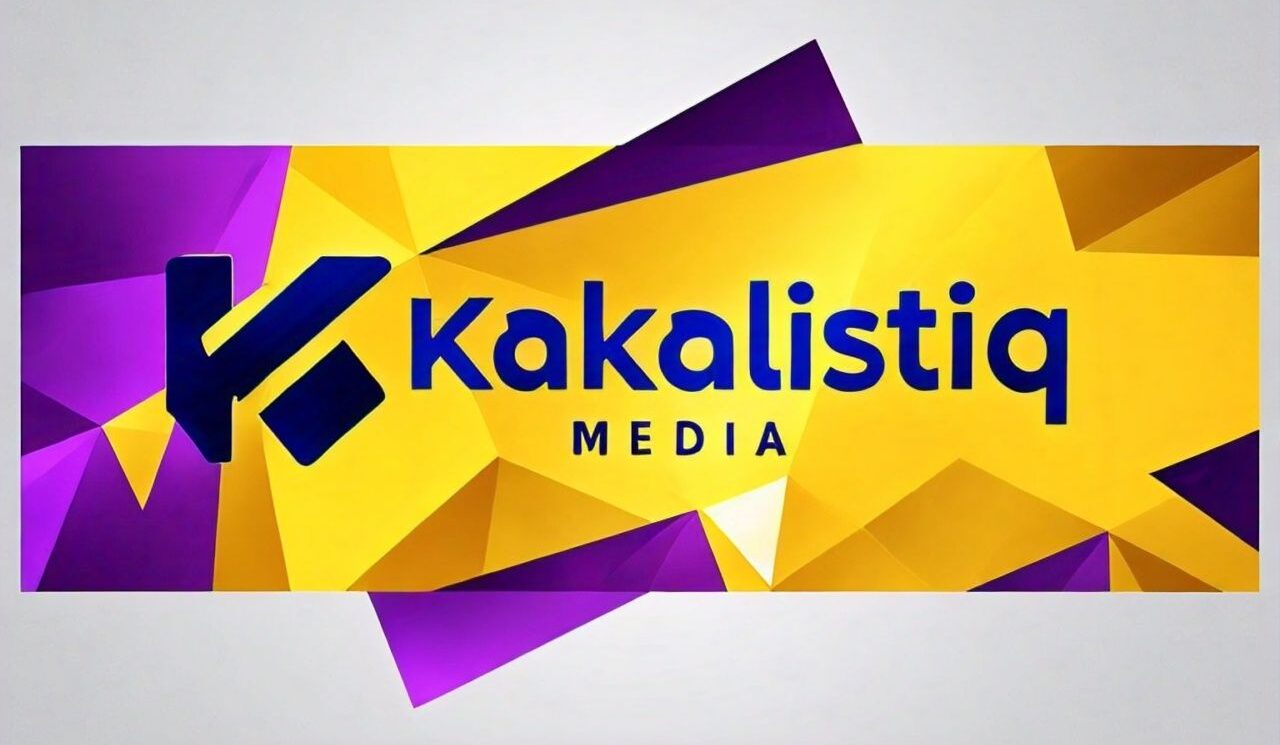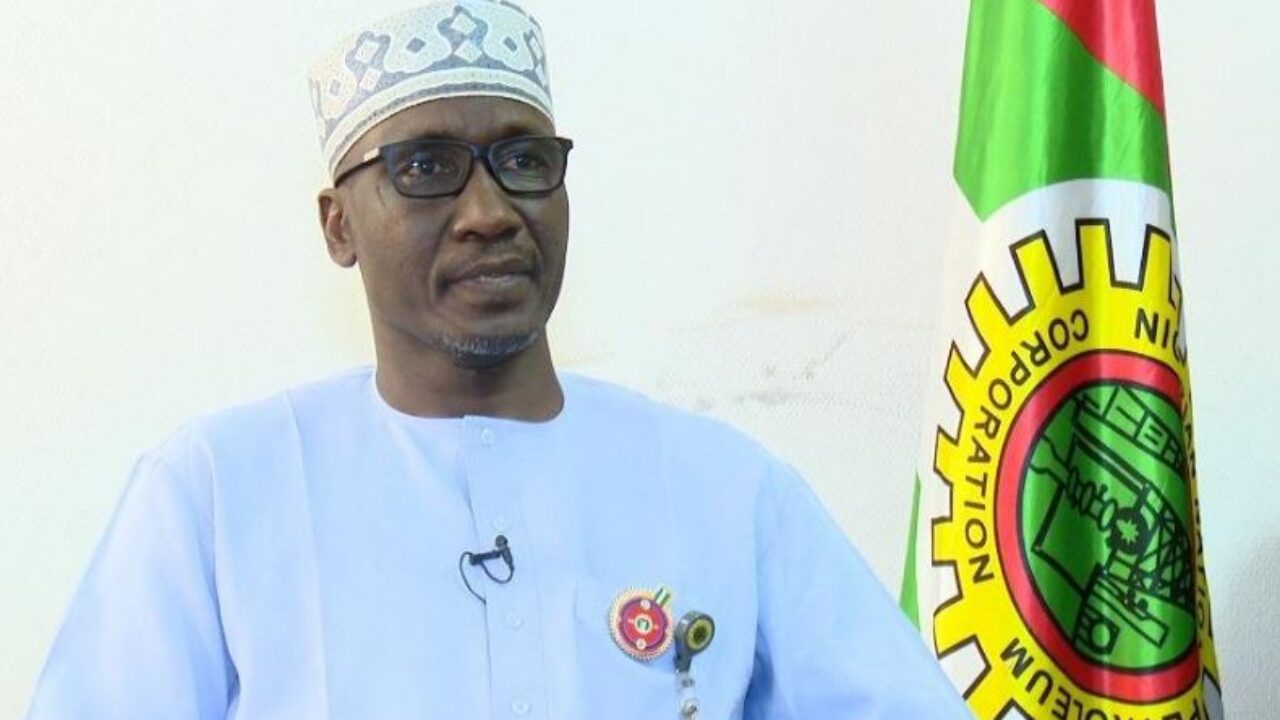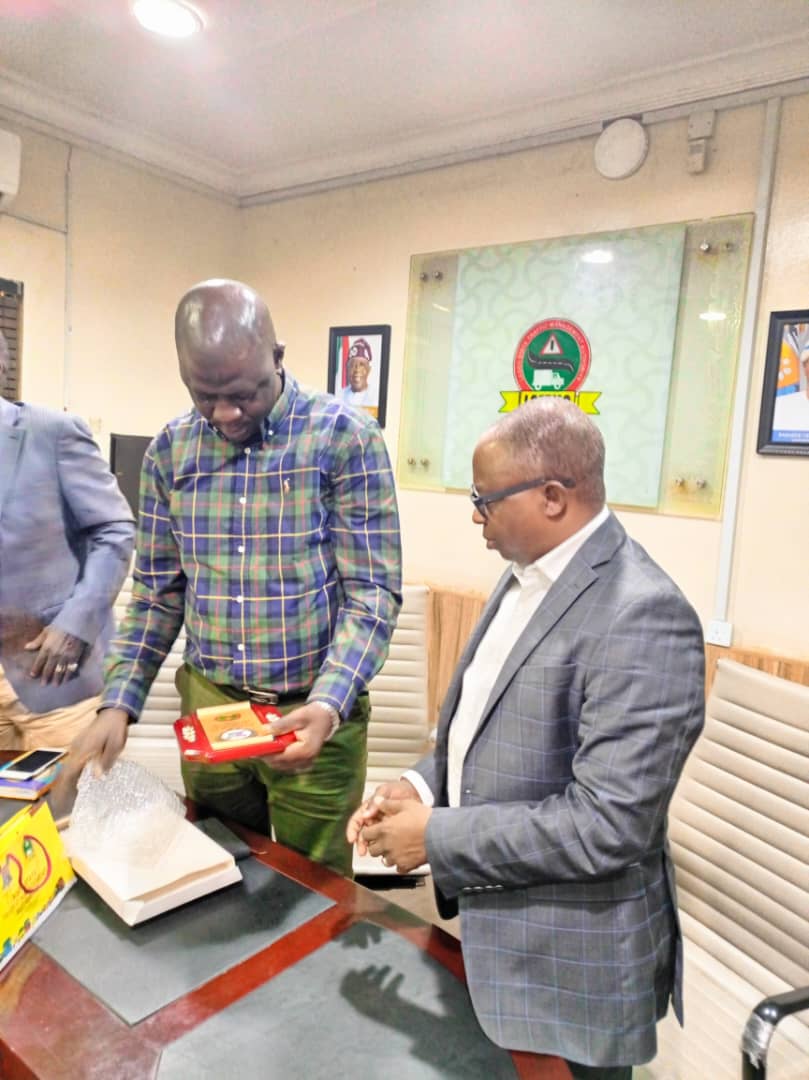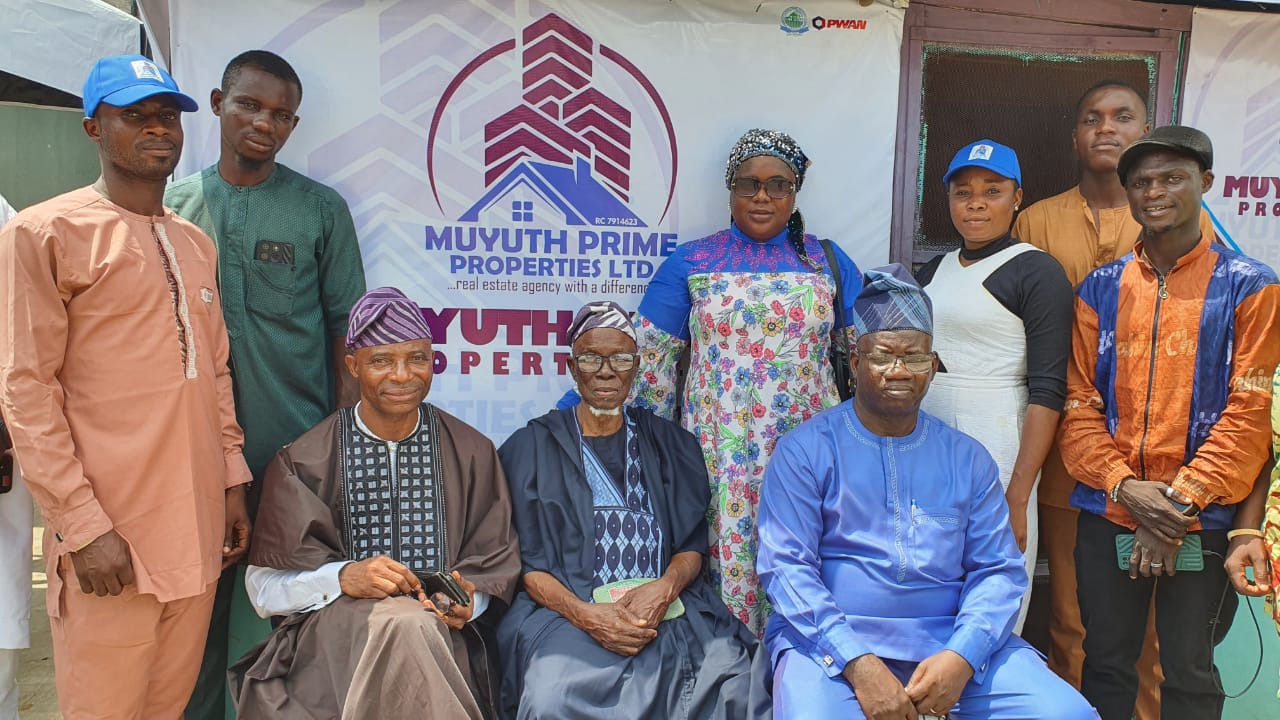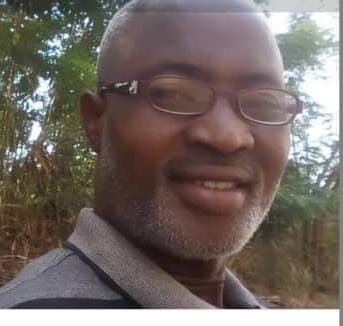Group Chief Executive Officer (GCEO) of Nigerian National Petroleum Company (NNPC) Limited, Mr. Mele Kyari, says President Bola Tinubu has ordered that palliatives be put in place to cushion the effect of the increase on Nigerians as public outcry over the abrupt increase in the pump price of gasoline continues.
After a meeting behind closed doors with members of the National Working Committee (NWC) of the ruling All Progressives Congress (APC) in Abuja, Kyari revealed this yesterday while taking questions from reporters.
On the same day, Kyari claimed that the change in the price of gasoline at the pump was not predetermined in an interview with ARISE News Channel. In the upcoming weeks, prices would continue to fluctuate in response to market factors, he emphasized.
The NNPC increased the national pump price of gasoline by about 200 percent on Wednesday, from N195 per liter to between N488 and N557.
The change came after Tinubu said that fuel subsidies were “gone” in his inaugural speech on Monday. Tinubu pledged to redirect the anticipated savings to health, education, and other areas.
The NLC had complained about the new pricing template, calling it vexatious.
Additionally, Kyari said in his conversation with the APC NWC members that NNPC could no longer be the exclusive importer of gasoline in the nation.
The GCEO stated, “A flexible and unified exchange rate system is currently being created gradually.
Foreign exchange will be available to everyone, and since a transition is currently taking place, the NNPC cannot continue to be the sole importer. We are aware that this will disappear and the market will stabilize it.
The four national refineries are currently undergoing renovation, and one of them will start operating this year, according to Kyari. The second will go live the following year and the third in 2025.
According to the head of NNPC, it was crystal clear that the country could no longer afford the subsidy payment and that it needed to be eliminated.
He said, “Subsidy costs have accumulated. The amount we are paying on the subsidy cannot be reimbursed to NNPC by the nation.
Therefore, the prudent course of action at this time is to price this petroleum at the market. Long-term, we think this will be advantageous for the entire nation.
I am aware that Mr. President has ordered some interaction, and I am confident that some palliative will be implemented.
Kyari emphasized that a subsidy was planned for 2022. But in 2023, he claimed, not a single naira was made available for funding the subsidies.
And eventually, even though we delayed meeting our financial obligations, we still have a net balance of more than N2.8 trillion that the federation ought to have returned to the NNPC, according to Kyari.
“For any company, there is not a single company in all of Africa that will lend to you when you have negative N2.8 trillion. Receivables are not permissible. Although a subsidy is offered, there is in no way any cash for it. It indicates that it is solely on paper. It, therefore doesn’t exist.
As a result, liquidity has made it impossible for us to bear. If we carry on, we will encounter defaults, and Nigeria will default if NNPC defaults. Once NNPC has defaults and liquidity issues, it has an impact on all of the nation’s borrowings, including subnationals. Your creditors will inform you that your nation is unable to make payments.
In response to Tinubu’s announcement that the subsidy will end in 24 hours, investors in the money and capital markets had a favorable response, according to Kyari.
He said, “It is only the comment about subsidy and balancing of the foreign exchange market. Every investor in the globe and every one of our partners is extremely concerned about these two factors. What is your foreign exchange policy, and how do you handle your subsidy? They are aware that without this subsidy, this nation might not be able to live and pay its debts. It is very evident that everyone is aware of this.
“Prior to now, monthly subsidies amounted to an average of N400 billion. That implies you can use the money you don’t have each month to complete one significant capital project.
Actually, this is what it means. Nothing can be done about it by anyone. The claim that the general public will suffer is prevalent. that we will encounter issues with them. I concur that once costs climb by this much, as they have, inflation will be affected. There is no question in my mind. It travels up and down, which is also pretty conventional. What happens next is determined by the market.
Kyari emphasized that the president’s goal for GDP growth was seven percent and that this cannot be achieved if demand and spending patterns are distorted.
In a related event, Kyari said that the adjustment in gasoline prices was not fixed and that pump prices would continue to vary in response to market forces. Kyari was speaking on “The Morning Show” on ARISE News Channel. Kyari also mentioned that the downstream sector’s efficiency would increase if subsidies were eliminated.
According to Kyari, the price at which the commodity is now being sold at our filling stations reflects the market pricing. This implies that market prices may decrease at any time, and the market will naturally correct itself. The beauty of this is that new players will enter the market because marketing companies have always been reluctant to do so because of the existing subsidy regime.
The promise of payment back to those who supply the goods at a subsidized price is not there in the subsidy regime. Since the market has been deregulated, oil marketing businesses are now able to import goods, whether they are locally produced or not, and sell them at market rates.
“Therefore, you will witness competition, even with NNPC, and by the way, going ahead, NNPC is prohibited by law from holding more over 30% of the market. Oil-marketing firms can enter the market as soon as it has stabilized. This means that even the legal standards for energy security state that you must be able to hold at least 30% of the nation’s stocks.
Kyari stated that the inefficiencies along the downstream sector will be eradicated, which would reduce the burden on the federal government.
